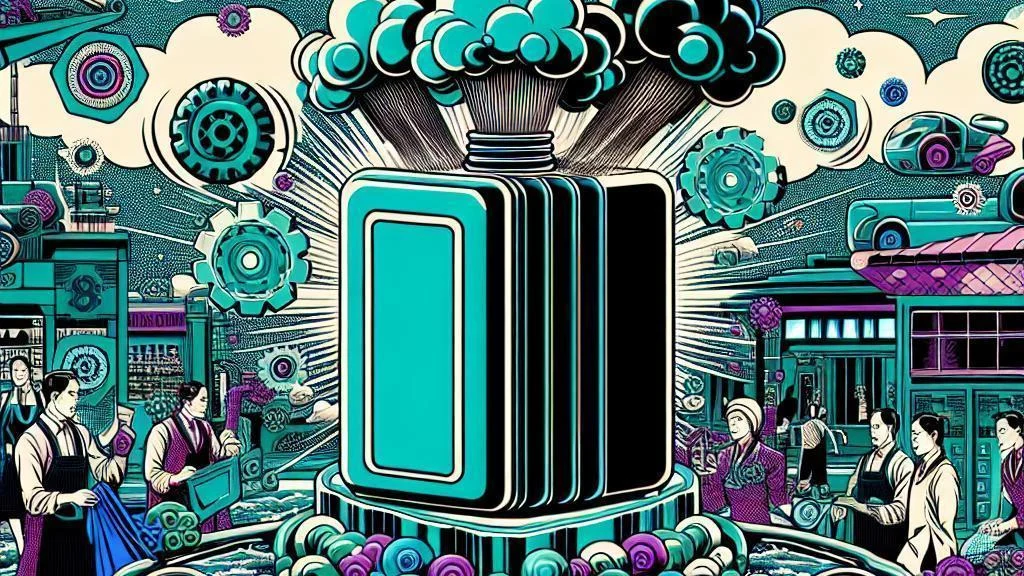How can I use AI to increase my social media followers?
In today's digital age, social media has become an essential platform for individuals and businesses …

As someone who has worked in the tech industry for many years, I've seen my fair share of hype and exaggeration regarding the capabilities of new technologies.
However, one trend that's been particularly concerning in recent years is the rise of "AI washing" - companies making inflated or misleading claims about using AI to appear cutting-edge and attract customers and investors. In this post, I want to explore what AI washing is, why it's a problem, and what we can do about it.

At its core, AI washing refers to companies overstating or misrepresenting their use of AI, similar to "greenwashing" in the environmental context. This can take many forms, such as:
Some high-profile examples of companies accused of AI washing include:
The problem is compounded by the fact that there is no single, universally agreed-upon definition of "artificial intelligence." This ambiguity allows companies to take advantage of the hype and mystique surrounding AI to make their products and services sound more impressive than they are.
So why is AI washing a problem? There are a few key reasons:
It can lead businesses to overpay for technology that doesn't live up to the hype. If a vendor promises their AI solution will magically solve all your problems, you might be tempted to invest significant time and resources into adopting it. But if those promises are empty, you've wasted money and effort that could have been better spent elsewhere.
It can cause companies to fail to meet their operational objectives. Imagine a manufacturing plant that implements an "AI-powered" predictive maintenance system to reduce downtime and increase efficiency. If that system is no better than traditional approaches, the company has lost out on those hoped-for gains.
It erodes consumer and public trust in AI and the companies developing genuine innovations in the field. Just as greenwashing has made many consumers sceptical of environmental claims, AI washing can make it harder for legitimately AI-driven startups and products to stand out from the noise.
It glosses AI's real challenges and limitations, including bias, transparency, and environmental impact. Companies sweep these concerns under the rug by presenting AI as a magic bullet.
Regulators are starting to notice and crack down on misleading AI claims. In the US, the Federal Trade Commission has warned companies against deceptive AI advertising and brought enforcement actions against firms for making false or unsubstantiated claims about AI and automated systems. Similarly, existing truth-in-advertising standards and consumer protection regulations in the UK can be applied to investigate AI washing.

So what can we as an industry do to combat AI washing and restore trust? Here are a few ideas:
AI washing is a growing problem in the tech industry, driven by hype, ambiguity, and the pressure to appear innovative. Left unchecked, it risks wasting resources, eroding public trust, and ultimately holding back the field of AI. But by working together to define clear standards, increase transparency, and reward genuine innovation, we can start to mitigate these risks and realise the true potential of this transformative technology. It won't be easy, but it's a challenge we must take on for the good of our industry and society as a whole.
Some other posts you may like

How can I use AI to increase my social media followers?
In today's digital age, social media has become an essential platform for individuals and businesses …
July 01, 2024
Read More
Who Owns AI Generated Content?
Just when you thought you'd aced the digital marketing scene, along comes Artificial Intelligence (AI), …
July 01, 2024
Read More